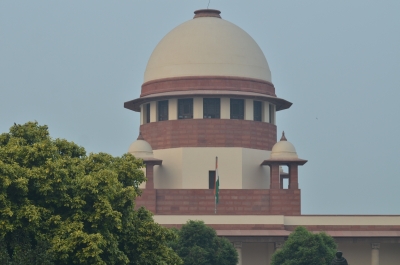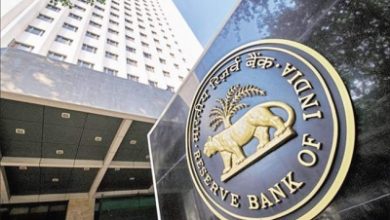
New Delhi, Feb 3: The Supreme Court said on Thursday that public employers are under the obligation of revising wages periodically in general interest to address the ill-effects of price rise.
The top court stressed that pay revisions deter public servants from the lure of gratification: Supplementing their income by accepting money or other inducements for discharging their functions.
A bench comprising justices Aniruddha Bose and S. Ravindra Bhat said: “State and public employers have an obligation to address as a measure of public interest, the ill-effects of rise in cost of living, on account of price rise, which results in fall in real wages. This obligation should be discharged on a periodic basis.”
The bench said Article 43 of the Constitution obliges the state to ensure that all workers, industrial or otherwise, are provided with a living wage and assured of a decent standard of living. It added that in this context, the need for providing a mechanism to neutralise price increase, through dearness allowance, has been emphasised in past decisions of this court.
“Yet, there cannot be any straitjacket formula as to when such pay revisions are to be made and to what extent revisions should take place,” the bench noted.
The bench said the rationale for periodic pay revisions is to ensure that the salaries and emoluments that public employees enjoy keep pace with the increased cost of living and the general inflationary trends, and ensure it does not adversely impact the employees.
“Pay revisions also subserve other objectives, such as enthusing a renewed sense of commitment and loyalty towards public employment. Another important public interest consideration is that such revisions are meant to deter public servants from the lure of gratification, of supplementing their income by accepting money or other inducements for discharging their functions,” it added.
The bench said that the extent of pay revision undoubtedly matters falling within the domain of executive policy making.
“At the same time, a larger public interest is involved, impelling revision of pay of public officials and employees. Sound public policy considerations appear to have weighed with the Union and state governments, and other public employers, which have carried out pay revision exercises, periodically (usually once a decade, for the past 50 years or so),” said justice Bhat, who authored the judgment on behalf of the bench.
The apex court allowed the appeal filed by the Maharashtra State Financial Corporation Ex-Employees Association and others against discrimination by the state government’s decision denying the benefit of revision of pay scales, as recommended by the Fifth Pay Commission, to the employees of the Maharashtra State Financial Corporation who had retired or died during the period between January 1, 2006 and March 29, 2010.
The bench said: “The appeal is accordingly allowed, to the extent that those who retired from the services of MSFC between 01.01.2006 and 29.03.2010, and the legal heirs/representatives of those who died during that period, shall be entitled to arrears based on pay revision, accepted by the Corporation. The Corporation is directed to pay interest @ 8 per cent p.a. on these arrears from 01.04.2010 till the date of this judgment. These amounts shall be calculated and disbursed to those individuals within eight weeks from today.”






